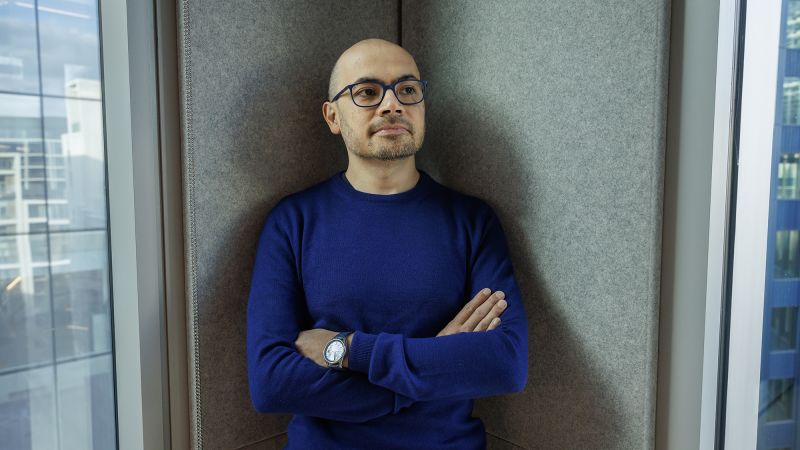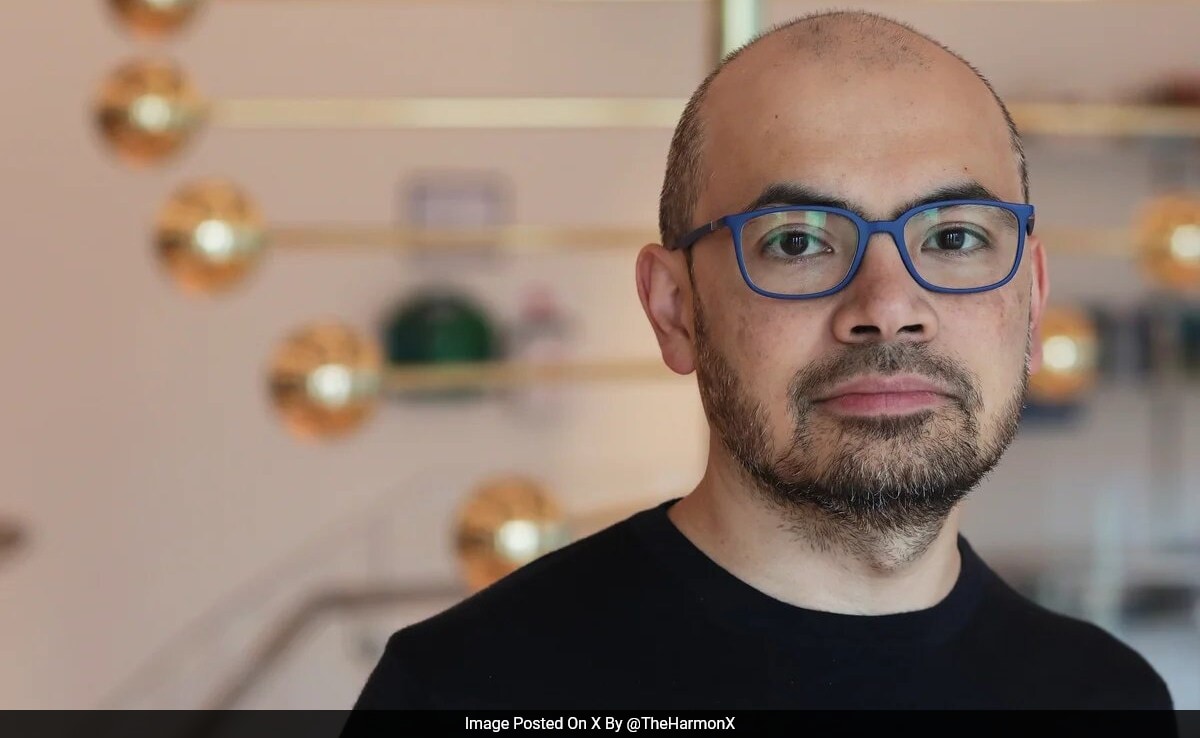 ETtech
ETtechEven as artificial intelligence (AI) replaces human jobs, Google DeepMind CEO Demis Hassabis believes the shift to AI will create new, “very valuable” roles.However, speaking at London's South by Southwest (SXSW) festival, on Monday, Hassabis said he would still prioritise STEM (science, technology, engineering, and mathematics) subjects if he were a student today. “It’s still important to understand fundamentals” in mathematics, physics, and computer science in order to comprehend how these systems are put together, he said, according to a report in The Times of India. SXSW is a music, film, and tech festival which first began in Austin, Texas.
He predicted that the rise of AI would especially benefit “technically savvy” individuals who are quick to adopt and apply these tools. In his view, AI will bring about a transformation even greater than the Industrial Revolution.
The Deepmind CEO also added that children today will grow up “AI native”, much like how the previous generation grew up with the internet. This competence in technology will especially be essential given companies have already started using AI for tasks ranging from coding to even recruiting.
At Google’s recent I/O developer conference, Hassabis and Google cofounder Sergey Brin suggested that artificial general intelligence—AI matching or surpassing human capabilities—could arrive within five years, by 2030.
He predicted that the rise of AI would especially benefit “technically savvy” individuals who are quick to adopt and apply these tools. In his view, AI will bring about a transformation even greater than the Industrial Revolution.
The Deepmind CEO also added that children today will grow up “AI native”, much like how the previous generation grew up with the internet. This competence in technology will especially be essential given companies have already started using AI for tasks ranging from coding to even recruiting.
He encouraged students to go beyond formal education and gain hands-on experience with AI tools. “I’d also be experimenting with all the latest AI systems and tools and seeing what’s the best way of utilising them and making use of them in useful and novel ways,” he said.

At Google’s recent I/O developer conference, Hassabis and Google cofounder Sergey Brin suggested that artificial general intelligence—AI matching or surpassing human capabilities—could arrive within five years, by 2030.











